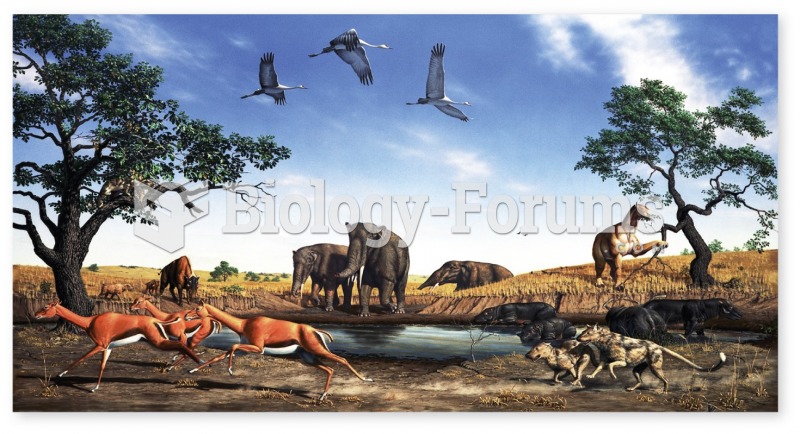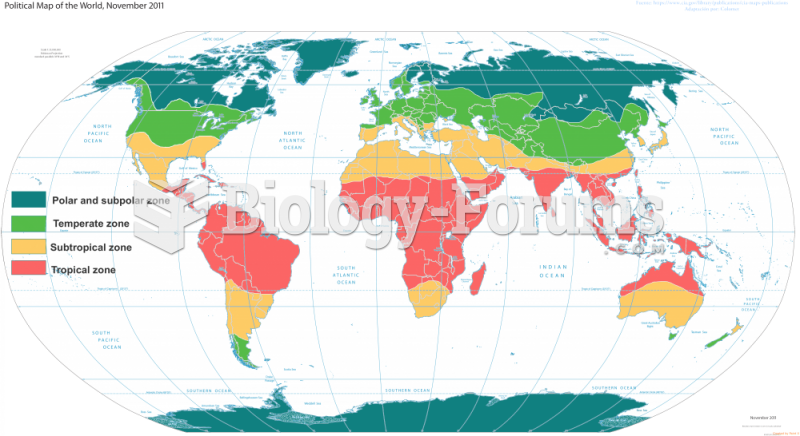Answer to Question 1
An ideal response will:
1, Define global climate change as the upset of historical climate patterns, with rising temperatures and more extreme climate events, that is tied to the increase in atmospheric carbon caused by human activities or naturally occurring cycles, or both.
2, Discuss how this problem requires broad cooperation and collaboration by many countries and international organizations because it crosses national borders and affects virtually every country in the world.
3, Describe the deep divide along partisan lines about how seriously to take this threat, whether human actions are responsible for it, and what to do about it.
4, Note that Republicans generally hold that climate change is part of a natural cycle and oppose government policies to reduce emissions, while Democrats more often blame human activity and want government to take action to reduce emissions.
Answer to Question 2
An ideal response will:
1, Define multilateralism as the belief that the United States should use its military and diplomatic power in the world in cooperation with other nations and international organizations.
2, Discuss how multilateralists believe broad cooperation and collaboration by many countries and international organizations are necessary to solve the problems that affect all countries, such as global climate change, pollution, weapons of mass destruction, AIDS and other infectious diseases, and terrorism.
3, Provide two examples of multilateralist foreign policies, such as President Obama's success in pressing the United Nations to increase sanctions against Iran; the 2011 arms reduction treaty with Russia; the North American Free Trade Agreement (NAFTA); President George W. Bush's Millennium Challenge Account; and so on.







